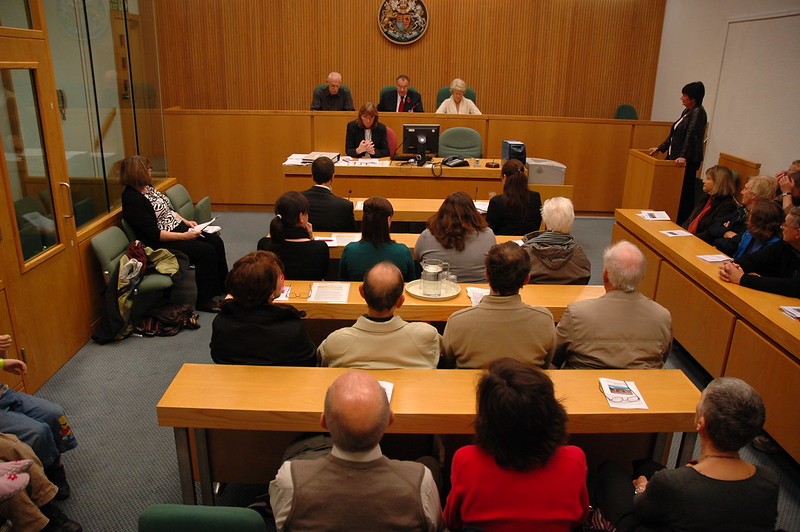In a significant step towards fostering transparency and inclusivity within the criminal justice system, the Ministry of Justice (MoJ) has acknowledged the pivotal role public opinion plays in shaping sentencing policy. This revelation comes in response to a landmark report titled ‘Public Opinion and Understanding of Sentencing’, published by the justice committee in November 2023.
The justice committee, a cross-party assembly of MPs, warned that the public debate on sentencing is mired in a “dysfunctional and reactive cycle”. Consequently, it recommended that the government actively engage the public in a structured and methodologically rigorous fashion to break this cycle.
Sir Bob Neill MP, chair of the justice committee, welcomed the MoJ’s acknowledgement of the report’s findings, stressing the need for a consistent and principled response in order to maintain public confidence in the system, particularly given the challenges surrounding the public’s stance on sentencing severity. The MP urged the government to move beyond a reactive approach, encouraging the development of a structured mechanism for engaging the public on sentencing policy.
Neill stated: “The committee’s report is a timely reminder that those involved in, or responsible for, the criminal justice system need to take the duty to ensure public confidence extremely seriously.”
Crucially, the justice committee called for deliberative engagement exercises with the public to be integrated into the policy development process. It was recommended that policy proposals on sentencing undergo an independent evaluation to assess resourcing implications before enactment. The committee further urged the establishment of an independent advisory panel on sentencing to provide advice to ministers.
Responding to these recommendations, the MoJ acknowledged the need for an inclusive and robust policymaking process. It also highlighted ongoing efforts to enhance current processes and increase public awareness of avenues for engagement in sentencing policy discussions.
It emphasised mechanisms such as manifesto commitments, consultations and e-petitions on parliament.uk as ways to incorporate the views of victims, stakeholders and the wider public into decision-making.
The MoJ also recognised the validity of the suggestion that representatives of victims and their families ought to be heard during the sentencing process, aligning with principles of inclusivity. The government’s commitment to rebuilding public confidence in the justice system was reiterated, emphasising the publication of judgments and enhanced accessibility of sentencing remarks as key components of the principle of open justice.
In response to the committee’s recommendation for a structured engagement plan, the Sentencing Council, too, expressed an openness to considering structured and deliberative engagement exercises. The Council recognised the challenges in promoting public confidence within a complex and evolving political, social and legislative landscape.
The MoJ and the Sentencing Council’s statements signal a commitment to engaging the public in open justice with a view to rebuilding trust in the system. It raises the question: could the forthcoming actions of the MoJ represent initial strides towards establishing a transparent and inclusive justice system?





